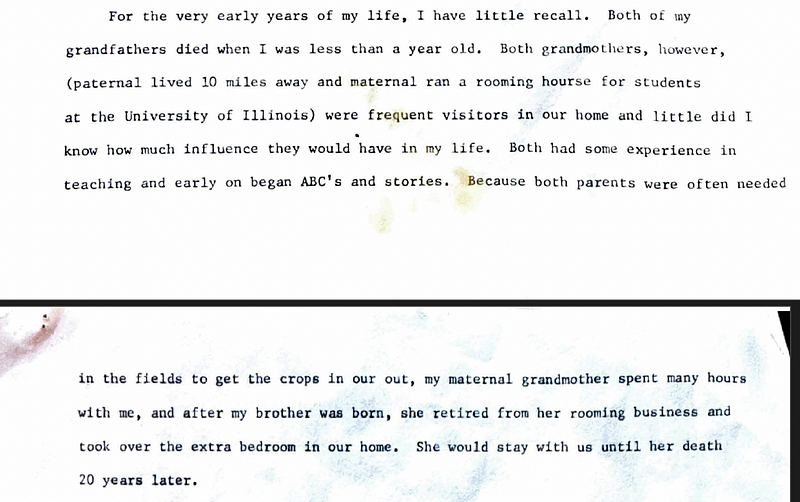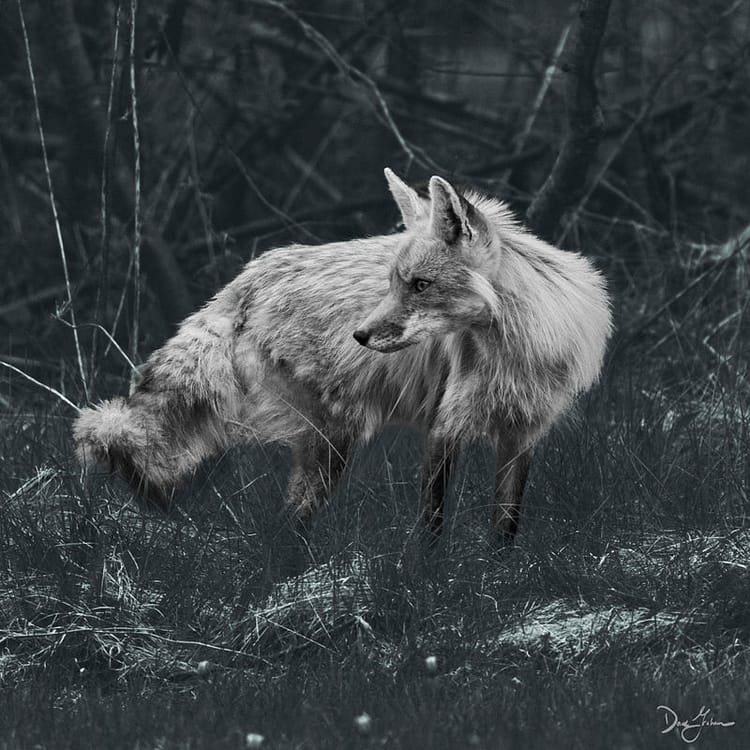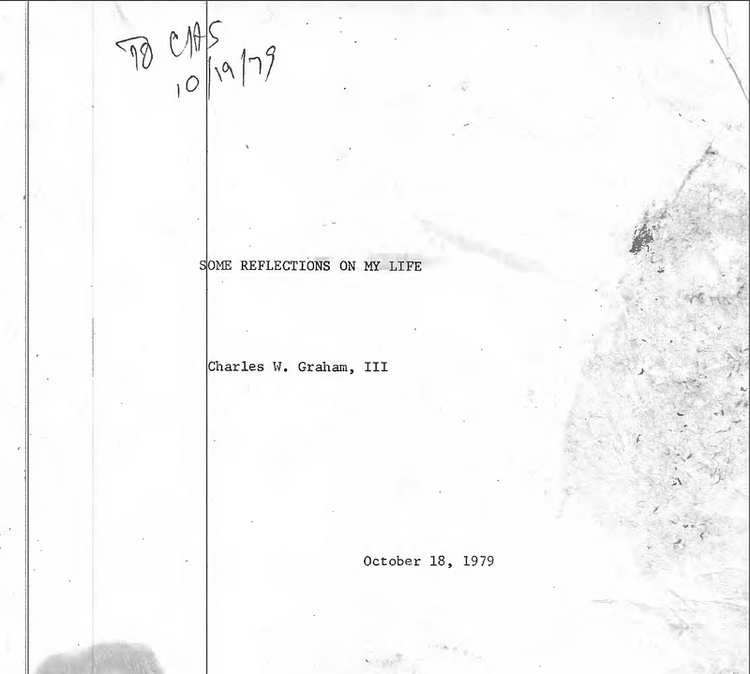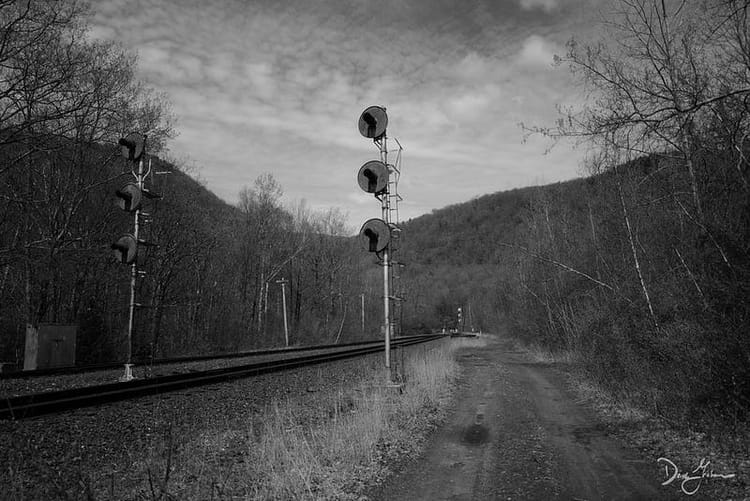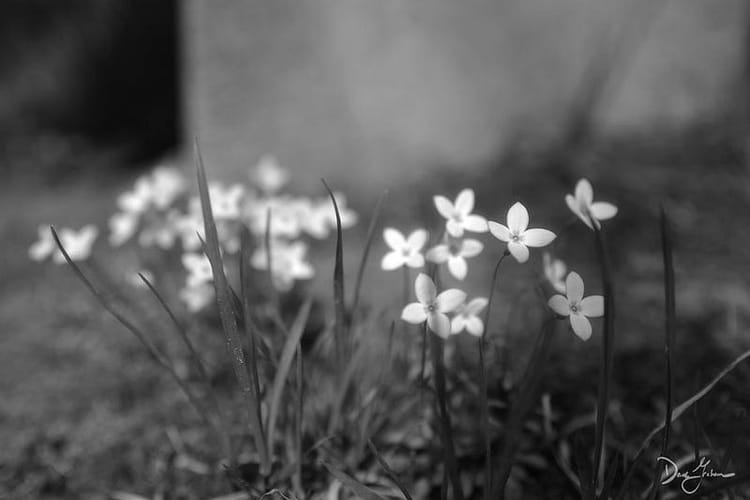A Reflection on MLK Jr.
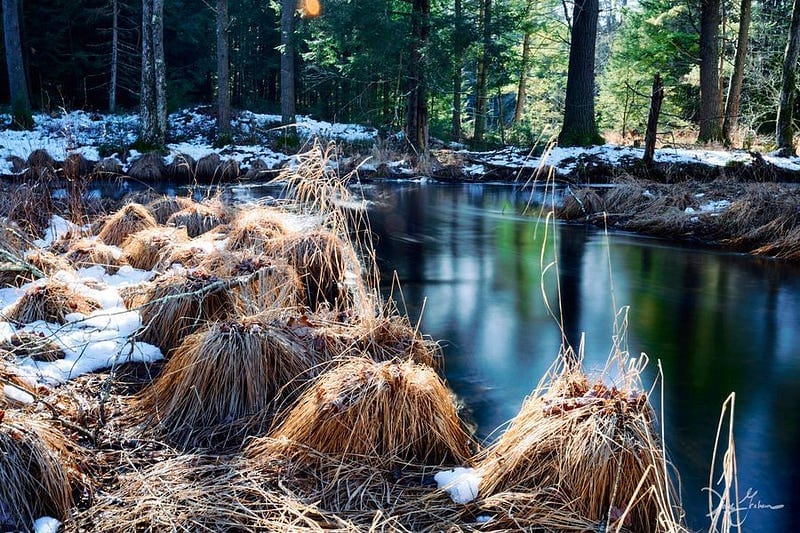
A Reflection on MLK Jr. Day
It’s a cool, clear day here in Massachusetts, and while we wait for the next storm to come our direction, we’re afforded the opportunity to collect ourselves together for this federal holiday celebrating Martin Luther King Jr.
I’m unsure how many people actually take the time, outside of the pomp and circumstance usually splayed across our media, to consider the man, his humanity, and his actions. As a course of fact, I was rather appalled by the comments made by Mark Robinson, the North Carolina Lt. Governor, stating that MLK was an “inferior pastor” and a “communist” as if that is some besmirchment of his legacy.
If anything, I respect MLK more for being a shit pastor and a communist insofar as he took the message of the Gospel, that of equality and equity before God, and took it to the streets of racist America, amplifying what the Sunday-Jesus crowd failed to understand.
This, then, was one of MLK Jr’s legacies: to walk a faith much greater than his own and to enjoin his frail humanity to that of an infallible Christ.
Believe what you will about religion. Social movements don’t need an underpinning of theocratic belief in order to be effective. That many social movements have found their wellspring from the belief systems of their constituents points more to the collective actions within the faithful than it does to the nature of religion itself. We are social creatures, you and I, and to deny the intrinsics of our natures is to deny our humanity.
MLK tapped into the undercurrents of faith, to be sure, but he also recognized that the widening social gyre of black versus white, oppressor versus oppressed, masters versus slaves never disappeared from the thought patterns of the nation he loved. What may have been driven aground in the various wars and battles fought both on soil and in the legislative halls of America was still a restive poison in the fabric of society. This cancer spread virulently, where a difference in skin colour meant a difference in life span, lifestyle, and participation in what was supposedly “free” society.
The rest has been thoroughly documented by others, both to the positive and the negative. He was, after all, a fallible man, and in this, he was perfectly imperfect. I fail to see how this makes him any less effectual, any less of a catalyst for social change, any less of a human. The attempts to discredit his story and his work are, in a few words, racism of another sort, a selective retelling of a movement and gadfly that sought radical change.
Some of us feel far removed from the inherent systemic racism that is found in activists like Moms for Liberty and pseudo-intellects like Bill Ackman. Some of us don’t worry about critical race theory (CRT) because we believe we understand that our stories have always been woven into conflict with others. From the indigenous and First Nations people who graced this land far before us to the Africans, Chinese, Irish, and others we sold and bartered to build our plantations, railways, and settlements, we have a history of cruelty and oppression.
But perhaps it’s time to address our complacency once again. Perhaps it’s time to recognize that the social struggles for reproductive rights, LGBTQ+ rights, women’s rights, immigrant’s rights, and ethnic rights are fed from this cornerstone and foundation of one group, one skin colour, and one people holding themselves to be greater than another. And this is farcically and deadly wrong.
You see if you strip my skin colour away, I bleed the same as you. I bleed the same as my brothers and sisters, who, on the surface, present differently. I have the same bones, the same muscles, the same biological underpinnings as they do. I am no more or less a creature of mud and spirit than they are. We are one, fashioned from the same molecules and atoms that comprise the cosmos.
We may believe in different gods, have different teleologies and ontologies, work in different jobs, and have different families. But the fact of the matter is, there is no “lesser or greater” here; we are the same.
That we have constructed a society that seeks to bifurcate and alienate people from the services and structures that they richly deserve because they are human is the greatest sin of them all. We’ve placed the impositions of religion, race, creed, and colour as impediments to being human. We’ve crafted a society where “white is right,” where the immigrants who yearn for freedom are chattel and chess pieces for politicians to shuffle around the country to “make a point,” where people who need help are considered anathema because “they might be doing drugs.”
Who the fuck are we to make these judgments? Who are we who think so highly of ourselves that we remonstrate anyone who deigns to help those who need it the most? If this is the legacy that is found in the shadow of MLK’s resistance, then we’ve spoiled a gift of unfathomable wealth.
We’ve made a mockery, I feel, of the man and the people who united together to stand against the raging tide of racist ideology in America. We’ve pissed on the memorials and memories of his death, his dreams, his impassioned pleas for a better society. We’ve regressed so far that we’ve forgotten the courage it took to stand against the oppressors of our society. We’ve bowed the knee to our MAGA gods, praying that a rapist, liar, and charlatan will somehow “guide us through” under the auspices of his fascist ideology. How far we have truly fallen away from our understanding of history.
I’m chastened as I write this because I know that, as a white, middle-aged male in America, I’m a product of a system that has brought me success. I’ve succeeded on my merits but also in a system so thoroughly embedded in our social fabric that I cannot extricate myself from it. I am broken without even truly knowing how much.
I’d urge you, this Martin Luther King Jr. day, to pause and reflect. Reflect on the threads that each of you weaves together from the communities that you live in. Seek to learn more about the underpinnings of your heritage, where you come from, who you are, and who has been affected by it. Look hard in the mirror of your privilege and provenance and wonder what it must be like to have it stripped away. Perhaps then, and only then, will we regain that sense of horrified urgency that will cause nations to tremble because we dared to set the balance straight, level the playing fields, and let people dream again.
May it ever be so.

